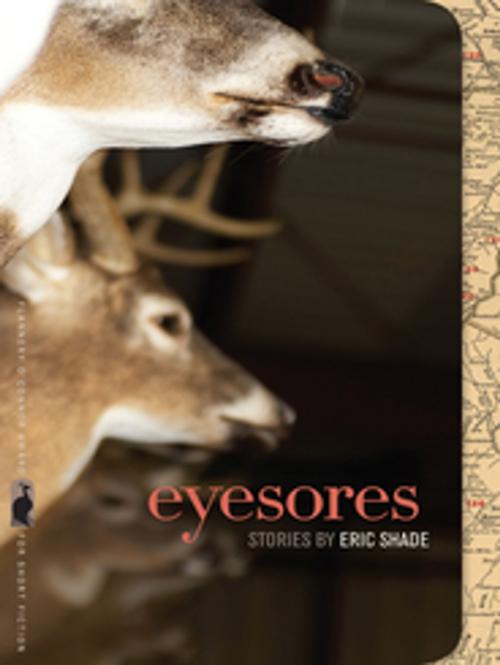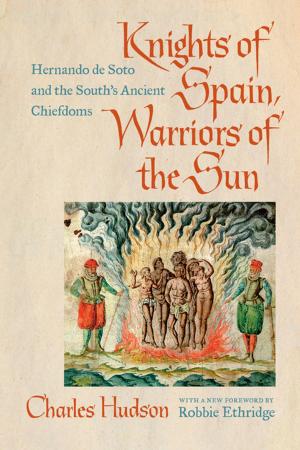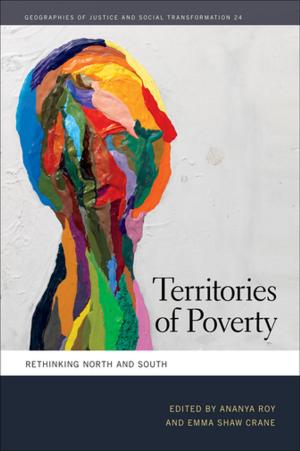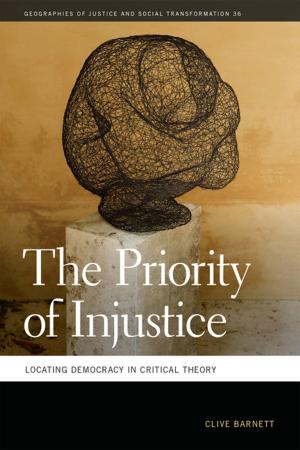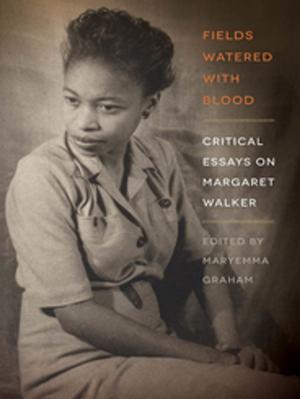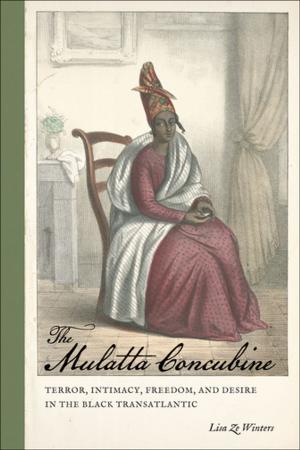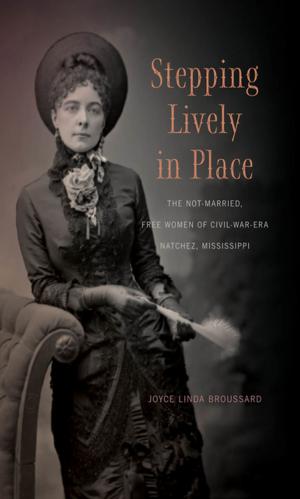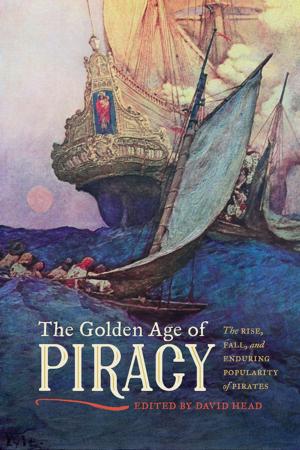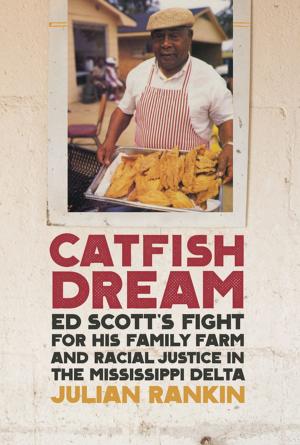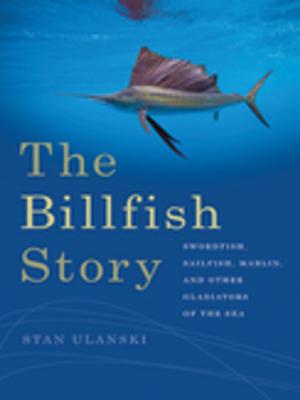| Author: | Eric Shade | ISBN: | 9780820344836 |
| Publisher: | University of Georgia Press | Publication: | October 15, 2012 |
| Imprint: | University of Georgia Press | Language: | English |
| Author: | Eric Shade |
| ISBN: | 9780820344836 |
| Publisher: | University of Georgia Press |
| Publication: | October 15, 2012 |
| Imprint: | University of Georgia Press |
| Language: | English |
These eleven interrelated stories follow strands of hope and nostalgia that bind together, or fence off, the people of Windfall. Eric Shade's fictional western Pennsylvania community is a place we all know: a town bypassed by the interstate, its rail line clogged with coal cars that haven't moved an inch in years. The men of Windfall still vie on the time-honored fields of contest—from bars to bedrooms to football fields—but none is sure any longer what is won or lost. Few certainties linger: the jobs are going fast and the best women are already taken.
In the title story, a group of unskilled laborers rerun memories of youth as they race against the dark to demolish the town's drive-in theater. A chain restaurant will take its place. Naomi dumps Dwight at the altar in "Hoops, Wires, and Plugs," but then Dwight fritters away the shamed agitation that could have propelled him beyond Windfall's stunting gravitational pull. In the final story, "Souvenirs," small-time hoods Paxson and Gus do what so many in Windfall can't: get out of town. They're off to Pittsburgh and a contract killing they hope will kick off a more rewarding life of crime.
In hands less able than Eric Shade's, Windfall's men would be caricatures, screw-ups with all-too-easy access to the makings of tragedy: pills, booze, fast cars, guns, chain saws. Instead their stories give us new ways to ponder change and its consequences. Windfall stakes out a gritty quarter of the literary map shared by Sherwood Anderson's Winesburg and Thornton Wilder's Grover's Corners.
These eleven interrelated stories follow strands of hope and nostalgia that bind together, or fence off, the people of Windfall. Eric Shade's fictional western Pennsylvania community is a place we all know: a town bypassed by the interstate, its rail line clogged with coal cars that haven't moved an inch in years. The men of Windfall still vie on the time-honored fields of contest—from bars to bedrooms to football fields—but none is sure any longer what is won or lost. Few certainties linger: the jobs are going fast and the best women are already taken.
In the title story, a group of unskilled laborers rerun memories of youth as they race against the dark to demolish the town's drive-in theater. A chain restaurant will take its place. Naomi dumps Dwight at the altar in "Hoops, Wires, and Plugs," but then Dwight fritters away the shamed agitation that could have propelled him beyond Windfall's stunting gravitational pull. In the final story, "Souvenirs," small-time hoods Paxson and Gus do what so many in Windfall can't: get out of town. They're off to Pittsburgh and a contract killing they hope will kick off a more rewarding life of crime.
In hands less able than Eric Shade's, Windfall's men would be caricatures, screw-ups with all-too-easy access to the makings of tragedy: pills, booze, fast cars, guns, chain saws. Instead their stories give us new ways to ponder change and its consequences. Windfall stakes out a gritty quarter of the literary map shared by Sherwood Anderson's Winesburg and Thornton Wilder's Grover's Corners.
